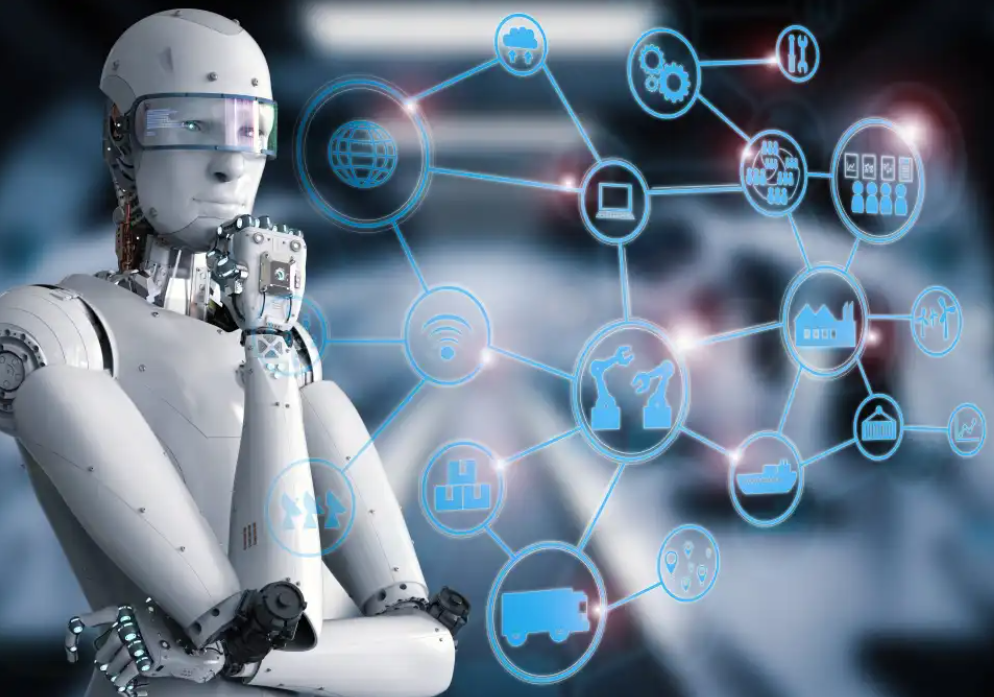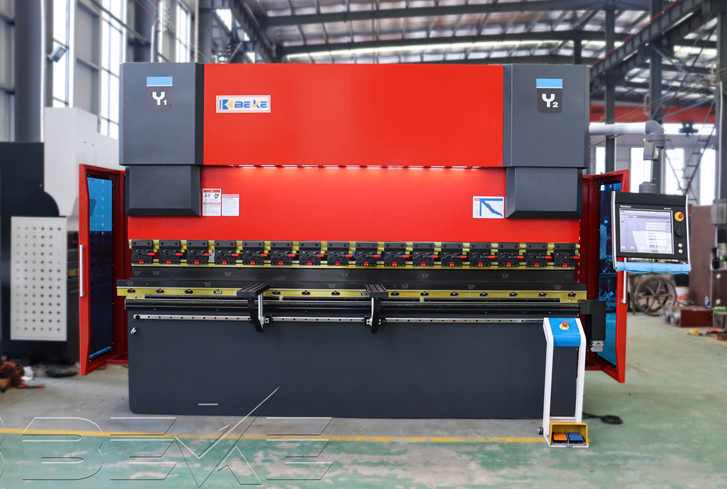The Role of Artificial Intelligence in Revolutionizing Industries
Artificial Intelligence is reshaping various industries by introducing efficiencies and innovations previously thought unattainable. In healthcare, it enhances patient outcomes through advanced analytics, while finance sees improved risk assessments and fraud prevention. Manufacturing benefits from automation, and retail embraces tailored consumer experiences. The implications of these advancements are profound, prompting critical questions about the future landscape of work and decision-making. What challenges and opportunities lie ahead as AI continues to evolve?
AI in Healthcare: Enhancing Patient Care and Operational Efficiency
As the healthcare sector increasingly embraces technological advancements, artificial intelligence (AI) emerges as a transformative force, enhancing both patient care and operational efficiency.
Telemedicine advancements, powered by AI, enable remote consultations, improving accessibility. Additionally, data analytics allow for personalized treatment plans and predictive modeling, optimizing resource allocation.
This synergy not only revolutionizes patient experiences but also fosters a more responsive healthcare system overall.
See also: How Emerging Technologies Are Shaping the Future of Business
Transforming Finance: AI-Driven Insights and Risk Management
While financial institutions have long relied on data for decision-making, the integration of artificial intelligence (AI) is fundamentally reshaping the landscape of finance.
AI-driven insights enhance credit scoring accuracy and enable real-time fraud detection, allowing institutions to mitigate risks more effectively. This transformation not only improves operational efficiency but also empowers consumers with more personalized financial services, promoting a sense of autonomy in their financial decisions.
Revolutionizing Manufacturing: Automation and Predictive Maintenance
The impact of artificial intelligence extends beyond finance, making significant strides in the manufacturing sector through automation and predictive maintenance.
Smart factories leverage AI to optimize production processes, enhance efficiency, and reduce downtime. By predicting equipment failures, businesses can streamline their supply chain, ensuring timely deliveries and minimizing disruptions.
This transformative approach empowers manufacturers to operate with greater agility and responsiveness in a competitive marketplace.
Retail Evolution: Personalization and Inventory Optimization
In an era where consumer expectations are continually evolving, retail businesses increasingly turn to artificial intelligence to enhance personalization and optimize inventory management.
By analyzing customer data, AI tailors shopping experiences, ensuring relevance and satisfaction.
Additionally, it streamlines the supply chain, reducing excess stock and improving responsiveness to market demands.
This synergy between personalization and inventory leads to a superior customer experience, fostering loyalty and engagement.
Conclusion
In conclusion, artificial intelligence is not just a technological advancement; it is a transformative force across various industries. For instance, a staggering 80% of healthcare executives believe that AI will significantly improve patient care within the next five years. This statistic underscores the profound potential of AI to enhance human lives while driving operational efficiencies. As industries continue to embrace AI, the future promises not only innovation but also a more personalized and responsive world for consumers and businesses alike.






